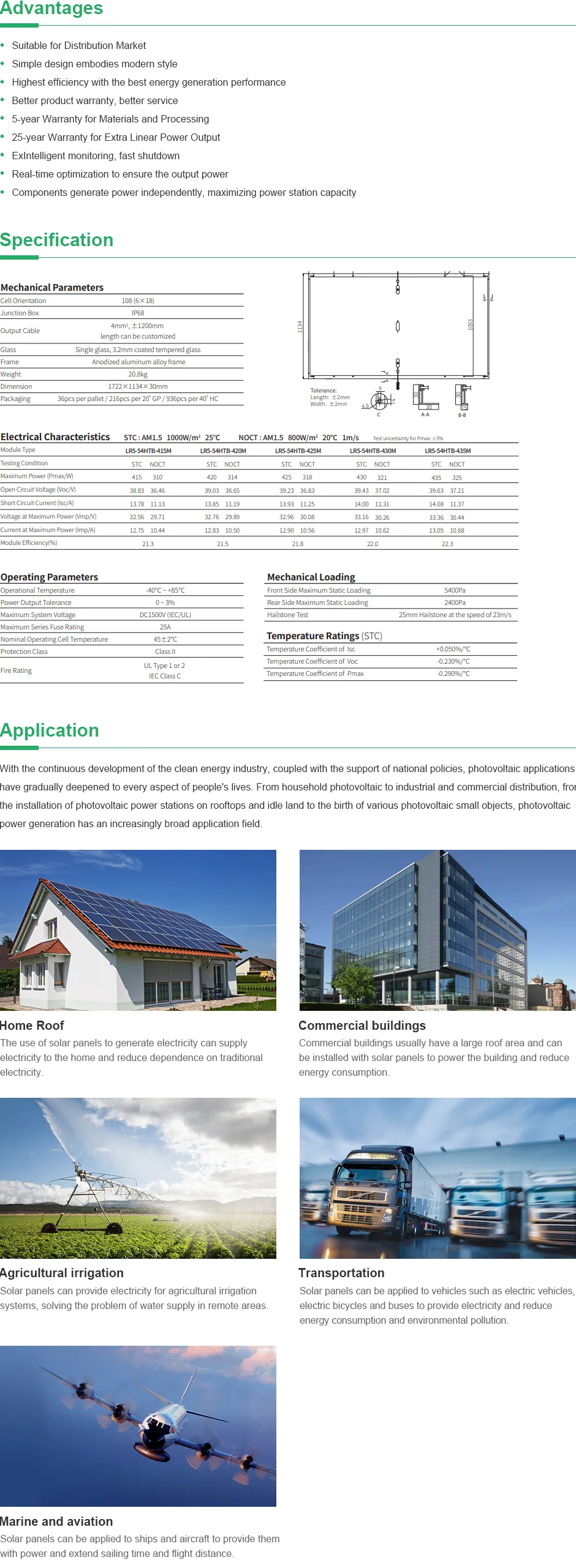1. Infections Bacterial, viral, and parasitic infections can lead to elevated body temperatures. Diseases such as mastitis, metritis, pneumonia, and foot-and-mouth disease are notorious for causing fever in cows.

